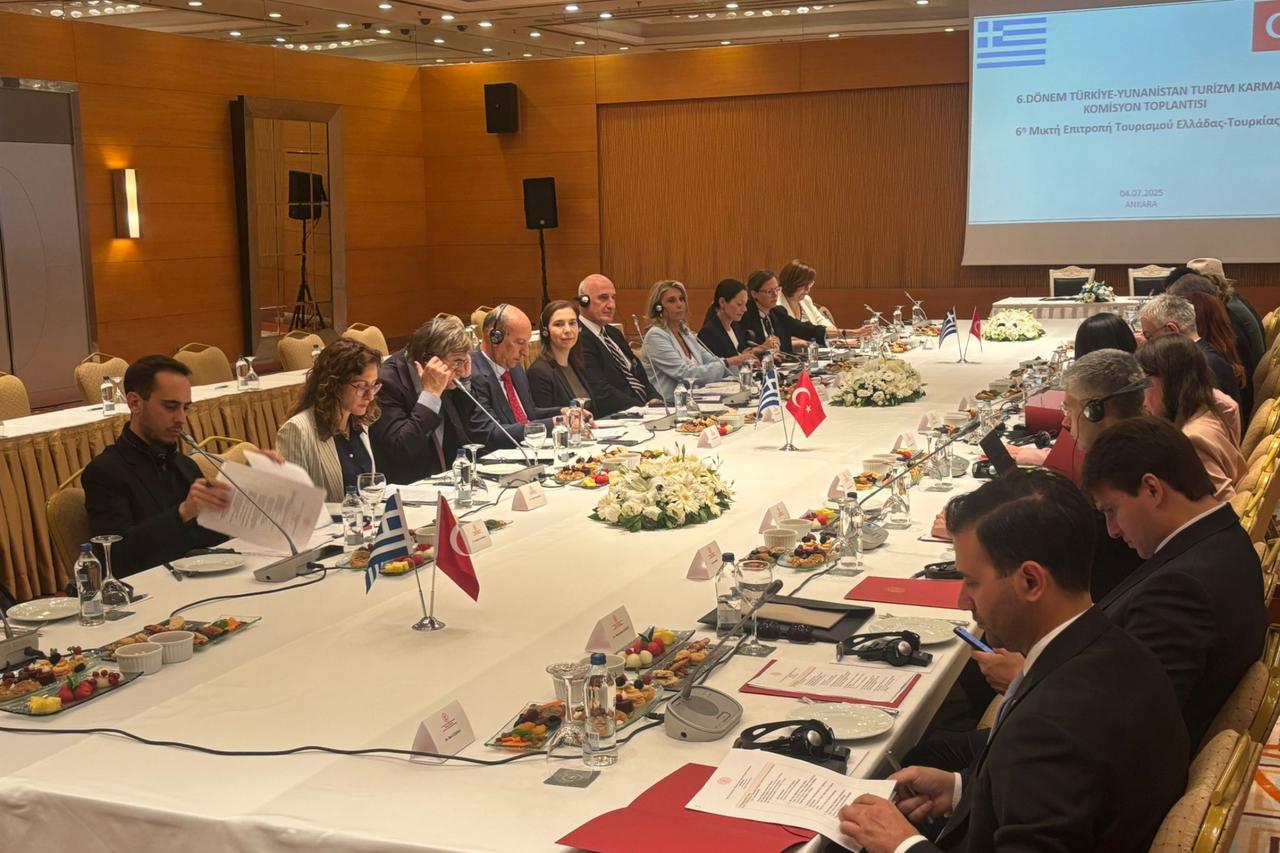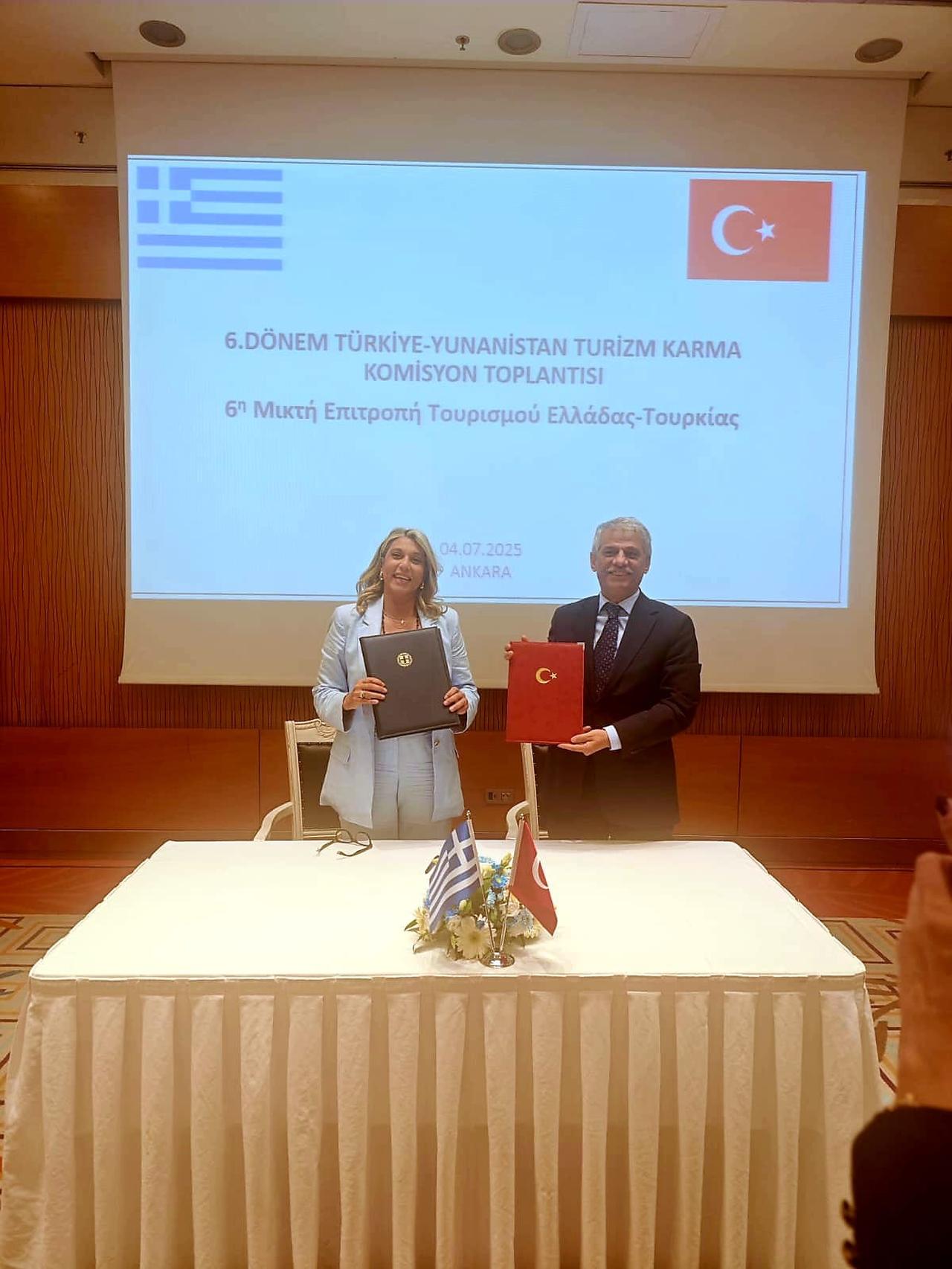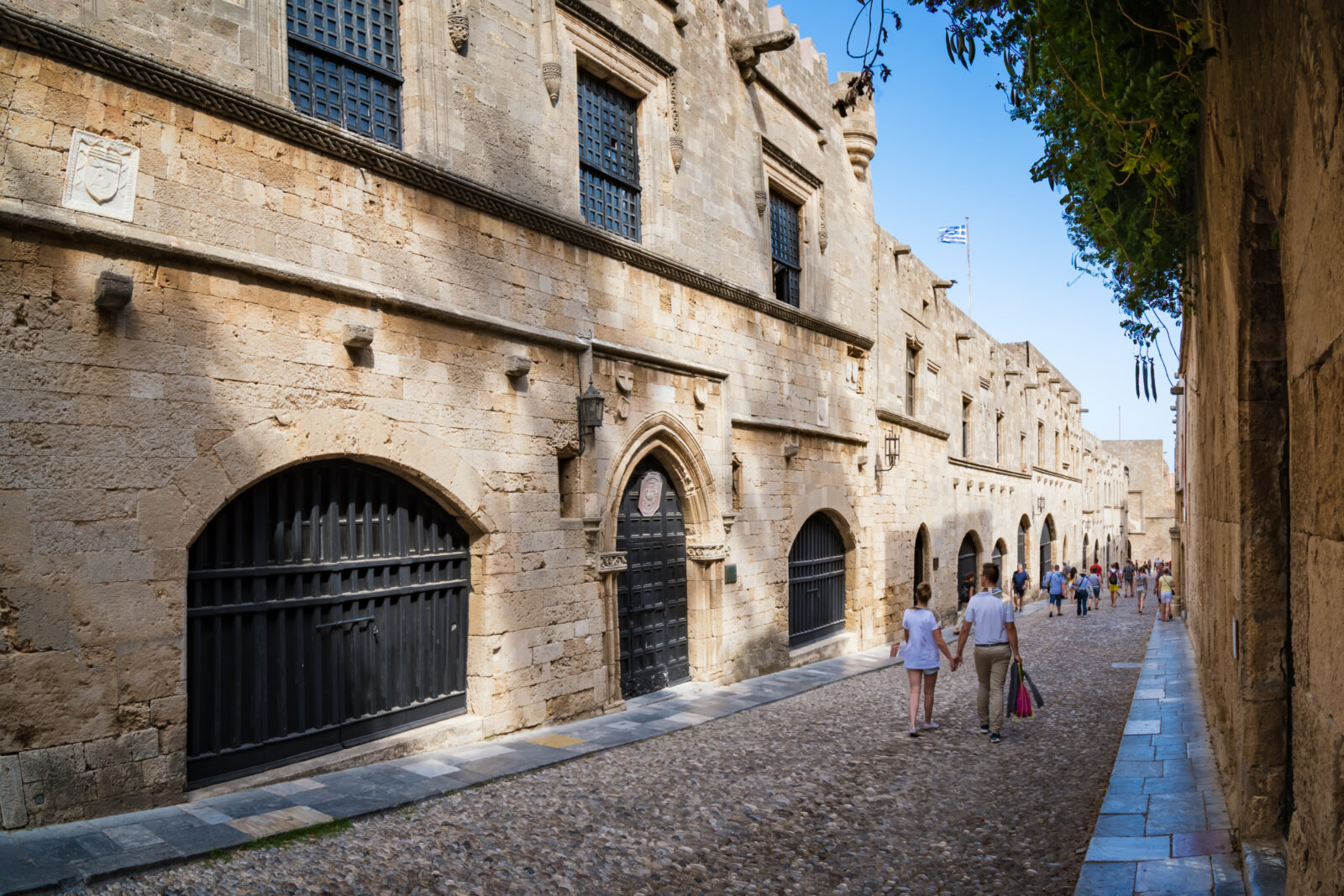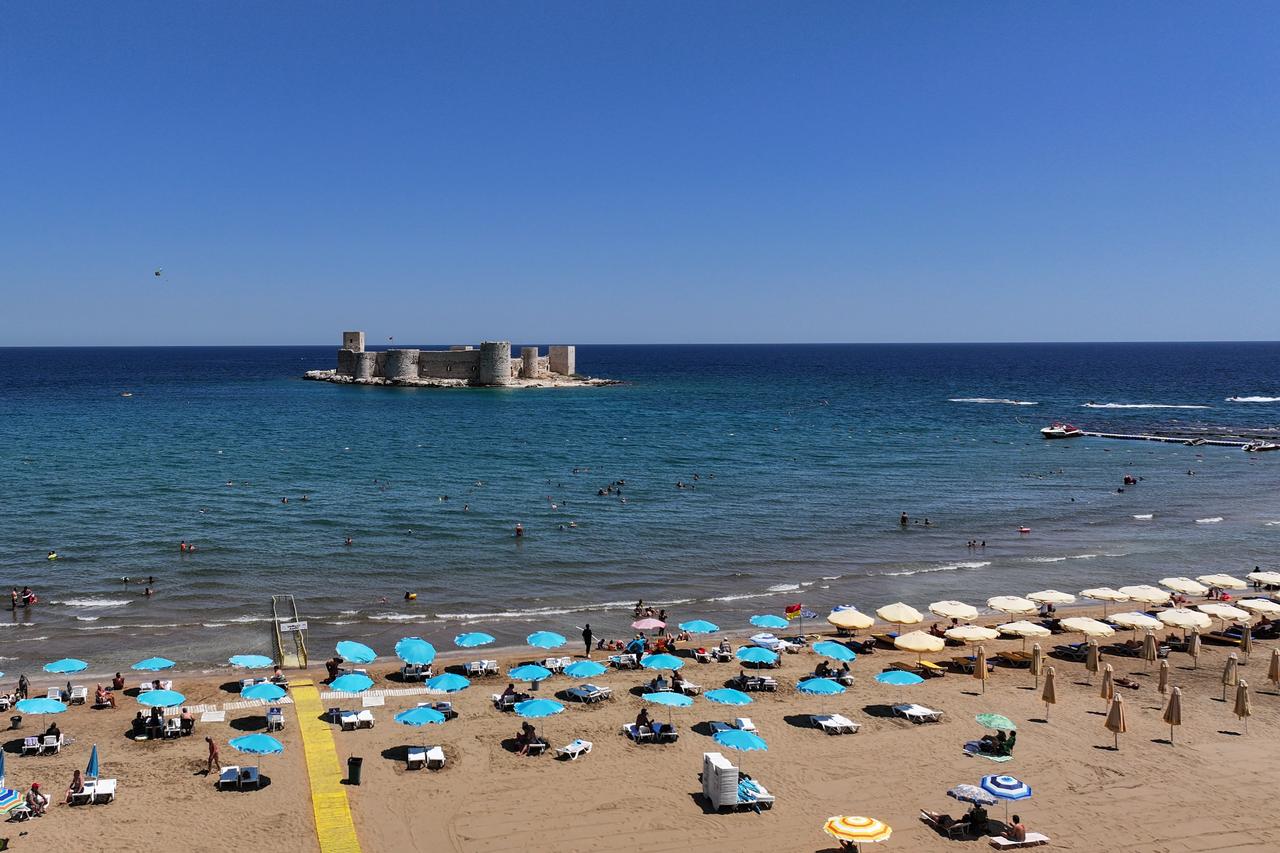
Türkiye and Greece have signed a new tourism cooperation protocol aimed at enhancing bilateral tourism flows and expanding collaboration across key sectors such as rural and coastal tourism.
The agreement was formalized at the 6th Joint Tourism Committee Meeting held in Ankara on Friday and co-chaired by Türkiye’s Deputy Minister of Culture and Tourism Nadir Alpaslan and Greece’s Deputy Minister of Tourism Anna Karamanli.

During the meeting, Deputy Minister Alpaslan emphasized the potential benefits of expanding the current visa-on-arrival scheme.
He suggested that broader implementation of the “visa at the gate” policy would yield tangible benefits for both countries, particularly by easing travel for tourists and encouraging mutual visits.
In 2024, approximately 707,103 Greek tourists visited Türkiye, while 1.2 million Turkish nationals traveled to Greece, reflecting a strong and growing interest in cross-border tourism.

Alpaslan also proposed enhancing cooperation in niche tourism sectors, such as agrotourism and coastal tourism.
He noted that experiences rooted in rural lifestyles, as well as tourism activities that capitalize on geographic features like coastlines, could generate new demand and support local economies in both countries.
“Joint efforts in areas like agrotourism and coastal tourism will contribute to regional economies and meet the growing interest in alternative tourism experiences,” he said.

The discussions further highlighted the importance of strengthening transportation links between the two nations.
Alpaslan stated that opening new routes and increasing the frequency of existing travel services would improve travel comfort and help deepen economic and cultural ties between the neighbors.
The protocol also promotes greater private sector engagement in promotional and marketing activities. Alpaslan underlined the need for joint certification systems to raise quality standards and attract long-stay visitors through the creation of shared travel routes.
“The development of joint routes and certification systems will enhance the overall experience for tourists and make long-term travel between our countries more attractive,” he said.
Following the bilateral talks, both deputy ministers signed the new protocol, which is expected to serve as a framework for sustained collaboration in the tourism sector.